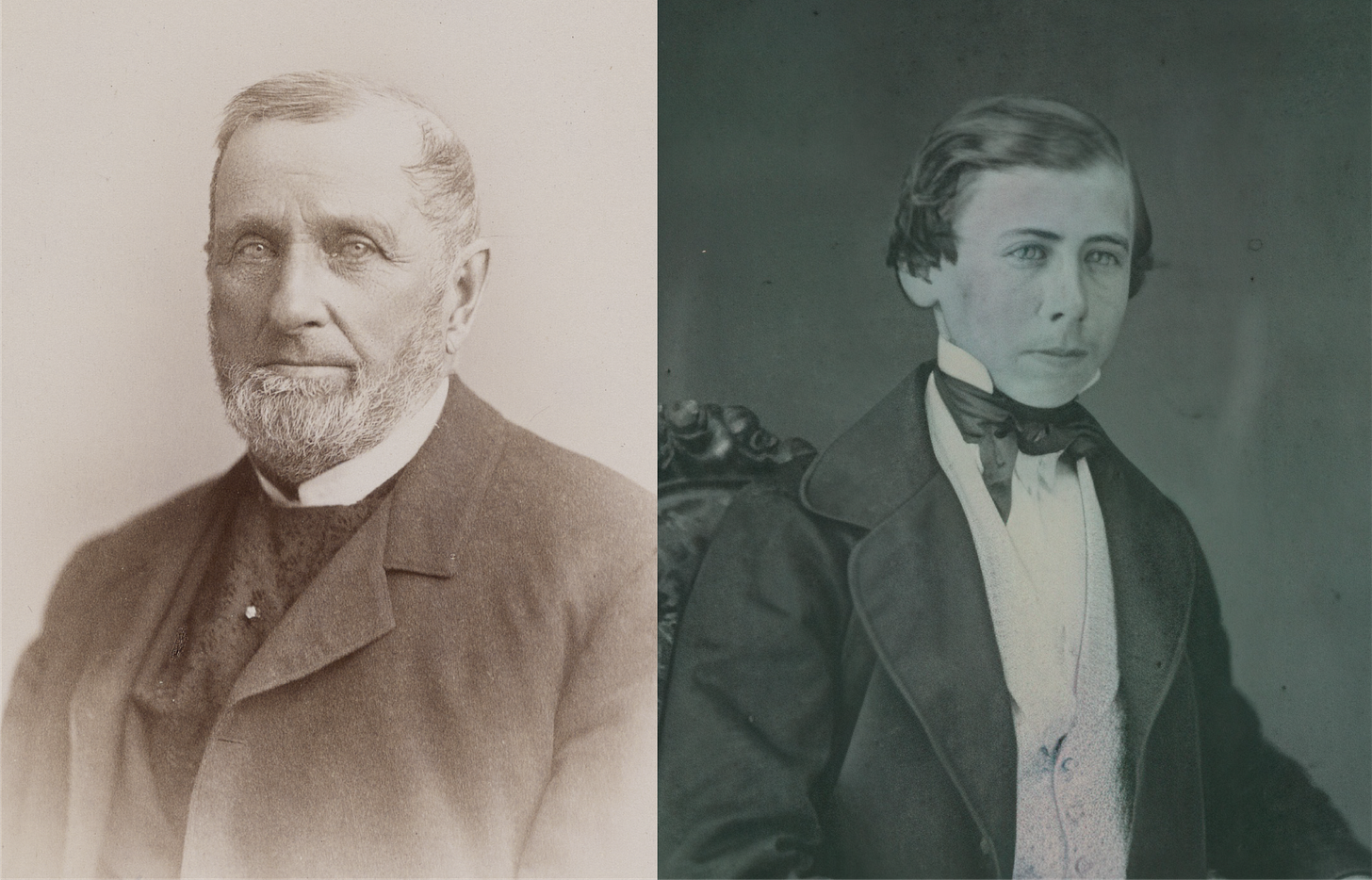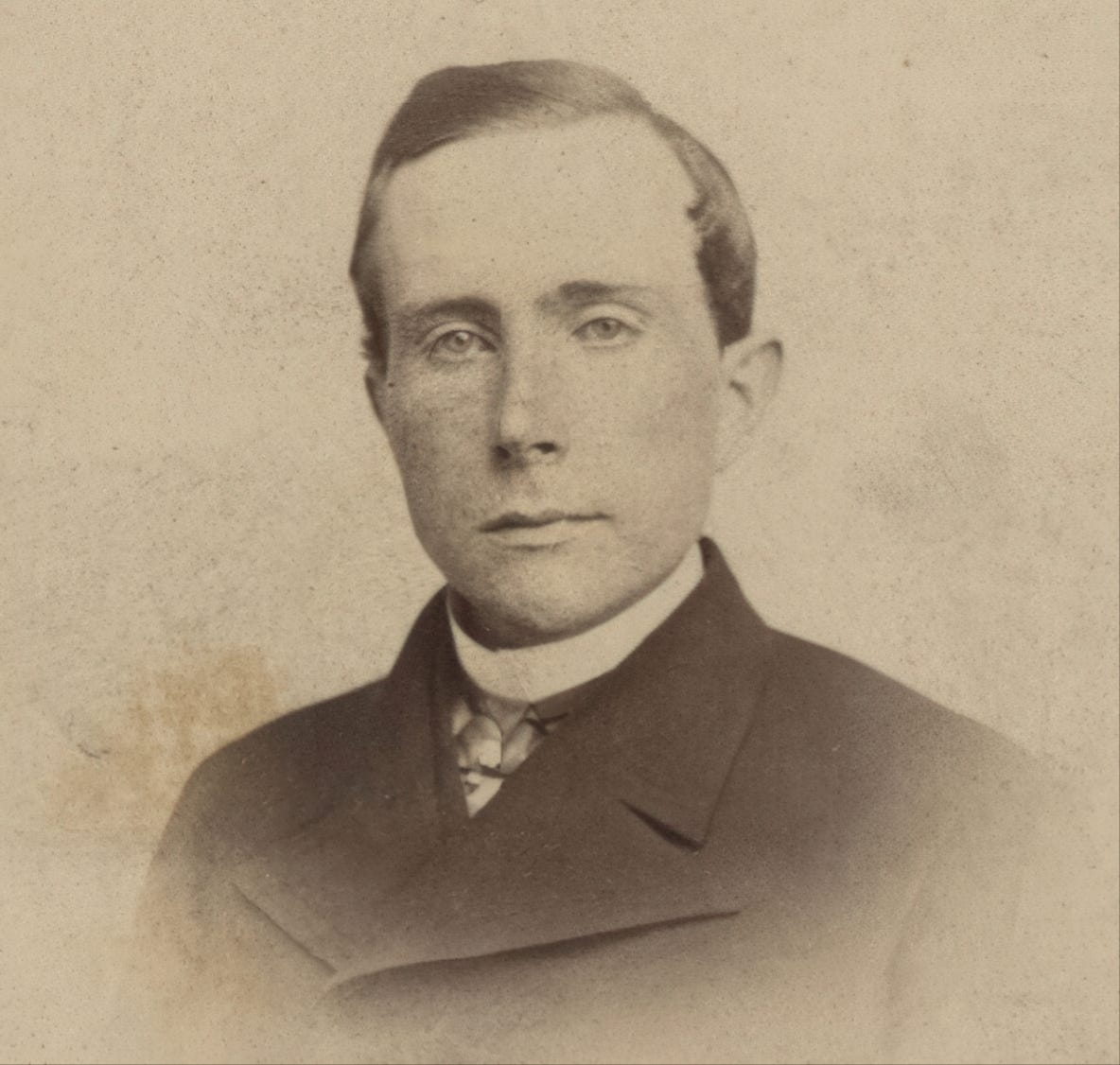The Small Obsession That Built a Massive $400 Billion Empire
And no, the obsession was not with money...
By the end of the 19th century, John D. Rockefeller controlled 90% of the United States oil industry. NINETY-PERCENT. And his net worth hovered around $400 billion adjusted for today.
He was quite the businessman.
Controversial too. Some revered him for his incredible abilities and the empire that he created. Others claim he was a greedy tyrant who cared about nothing but “number go up.”
As usual, the truth is somewhere in the middle. But today let’s look at one dimension of Rockefeller’s personality that contributed greatly to his feats. His extreme results came from extreme inputs…
Reminder: To get our members-only content every week and support our mission, upgrade to a paid subscription for a few dollars per month. You’ll get:
Two full-length, new articles every single week
Access to the entire archive of useful knowledge that built the West
Get actionable principles from history to help navigate modernity
Support independent, educational content that reaches millions
The Obsession Begins
Before we dive into Rockefeller’s extreme detail-oriented nature, we must first touch on its origin. Rockefeller had a rough start in life. His father, William “Devil Bill” Rockefeller was a snake oil salesman. All throughout the young man’s life his father would abandon and remerge in the family’s life randomly. No one knew when he would leave or return, or if he would bring another woman into the home…
When Rockefeller’s father was around, he was brutal: "I cheat my boys every chance I get," his father bragged. "I want to make them sharp. I trade with my boys, and I skin them, and I just beat them every time that I can." As you read biographies of Rockefeller, you can clearly see an immense insecurity that was instilled in the young titan by his atrocious father. Rockefeller learned quite early that if he and his family were to survive and prosper, it was up to him, being the oldest child in the family.
One way you can understand Rockefeller is simply through the lens of these original insecurities instilled by his father. You can argue that his obsessive drive and desire for more without end, was simply a compensation and coping mechanism to deal with these difficult early years — a compensation that went unchecked, that is.
The Obsession in Action
Rockefeller's detail-oriented nature emerged early in his career as a bookkeeper at Hewitt & Tuttle. At sixteen, he approached ledgers with religious devotion, double-checking every entry and finding errors that seasoned accountants had even missed. Later in life, he recalled spending hours poring over accounts, not from obligation but from genuine fascination with the patterns hidden in columns of numbers. He was captivated by numbers. This early training shaped his fundamental belief that business success lay not in brilliant strokes but in the accumulation of small advantages (aka details).
When Rockefeller entered the oil business in 1863, the industry was chaotic and wasteful. Refiners operated with shocking inefficiency, treating byproducts as waste and accepting enormous variations in production costs. Rockefeller saw opportunity in this disorder. He personally inspected every aspect of his Cleveland refinery, from the quality of barrel staves to the amount of solder used in sealing oil cans.
In one famous incident, he watched a worker soldering can lids and asked how many drops of solder were used. When told forty, Rockefeller suggested trying thirty-eight. After experimentation revealed that thirty-nine drops created the perfect seal, he mandated this precise amount across all Standard Oil facilities. Rockefeller reminisces on the event:
“That one drop of solder," said Rockefeller, still smiling in retirement, "saved $2,500 the first year; but the export business kept on increasing after that and doubled, quadrupled-became immensely greater than it was then; and the saving has gone steadily along, one drop on each can, and has amounted since to many hundreds of thousands of dollars."
Think about this: Rockefeller focused on the NUMBER OF DROPS to seal cans… Who do you know that brings that kind of intensity to his work? It’s an intensity that paid off…







